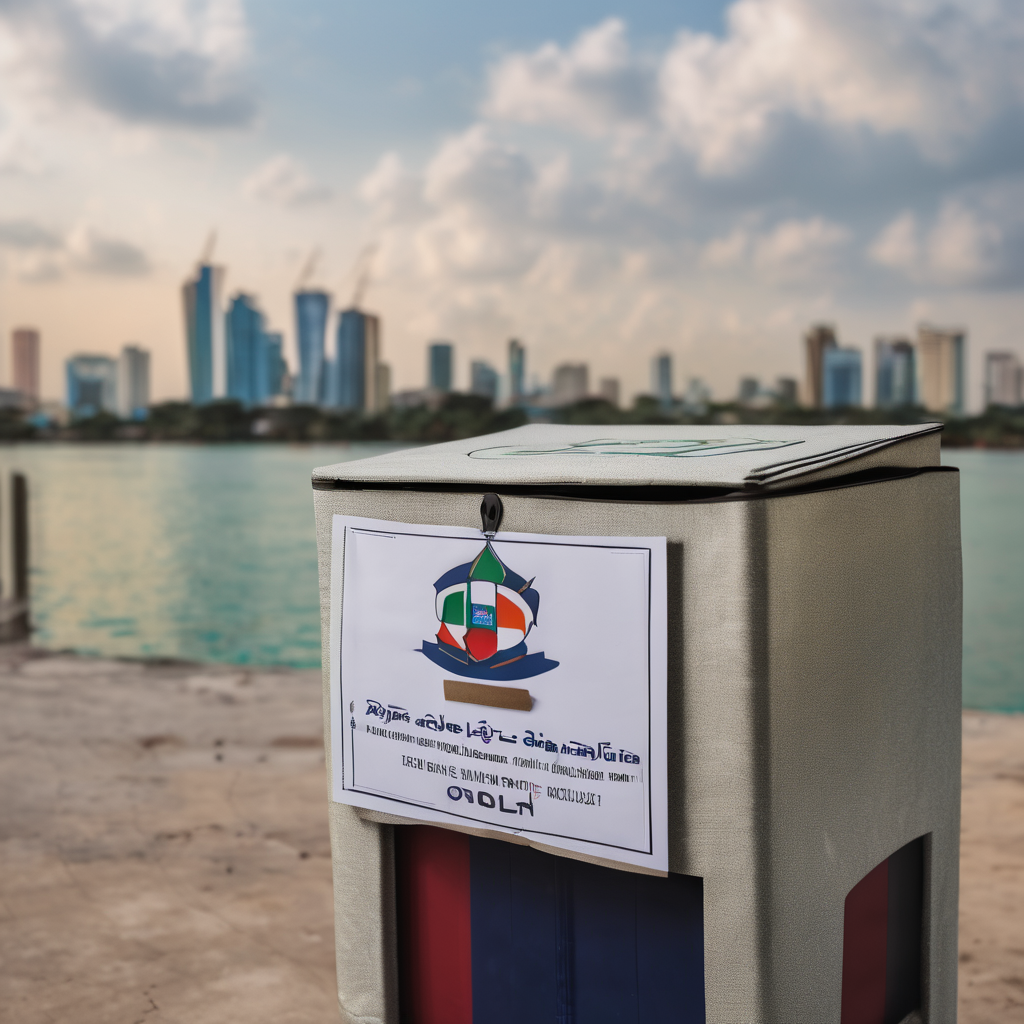Protests erupted in Tanzania’s largest city, Dar es Salaam, on Wednesday as President Samia Suluhu Hassan faced an election marked by the disqualification of key opposition leaders. This polling event presents President Hassan with a crucial opportunity to strengthen her grip on power, nearly four years after she ascended to the presidency following the unexpected death of her predecessor, John Magufuli, during the COVID-19 pandemic.
In April, the electoral commission, which is largely controlled by presidential appointments, prohibited the prominent opposition figure Tundu Lissu of the Chadema party from participating in the election. Additionally, Luhaga Mpina from ACT-Wazalendo, the second-largest opposition party, was also barred from running, raising concerns about the fairness of the electoral process.
Responding to calls for a boycott by Chadema and growing frustration regarding ongoing political repression, protesters took to the streets, obstructing major roadways, setting fire to buses, and igniting at least one police post. The unrest highlights the escalating tensions within the country as many Tanzanians express their dissatisfaction with the current political climate.
Amidst these challenges, the situation calls for national unity and dialogue, which could pave the way for a more inclusive political environment in the future. While the protests underscore significant discontent, they also reflect a populace eager for change and a more participatory democracy.
